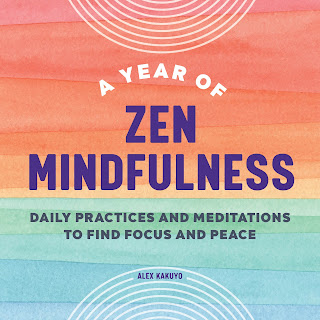If one were to visit my home in the wintertime, they'd see wood chips all over the house. They end up on the floor, and on the chairs, and I've even found them in my bedroom.
I use the wood chips in my chicken coop to provide nesting material and warmth to the birds.
They're effective, but the downside is the wood chips stick to my pants when I enter the coop to collect eggs and feed my feathered friends.
Sometimes they even get into my boots. And when I come into the house after doing chores, the wood chips come with me. I've tried everything imaginable to keep this from happening. I take my work boots off before entering the house. I brush off my pants as best I can when chores are done.
But it can't be helped. The wood chips follow me like flies follow poop. As far as problems go, this is a minor one; nothing that can't be solved with a broom and dustpan. But it gives me a bit of perspective on life and Buddhist practice.
We can think of the practice as a cleansing mechanism. Our mind is an old farmhouse. And each time we go out into the world we collect wood chips/ defilements that end up scattered on the farmhouse's floor.
The key thing to remember is the defilements we collect aren't proof of a deficiency on our part.
Rather, they're a natural consequence of living in the world and doing the hard work of life. To be sure, they are a problem that must be dealt with; much like wood chips must be swept off the floor.
But the defilements don't diminish the beauty of our minds.
Knowing this, we pick up the "broom" of traditional Buddhist practice, and sweep them away with bowing, chanting, meditation, and sutra study.
We do this with the understanding that more wood chips/ defilements will appear tomorrow and the day after that. But as long as we're consistent in our sweeping, they'll only be a minor nuisance.
Thus, the farmhouse of our mind is kept clean, and we're able to walk freely through the world; going about our work to save all beings from suffering.



Comments
Post a Comment